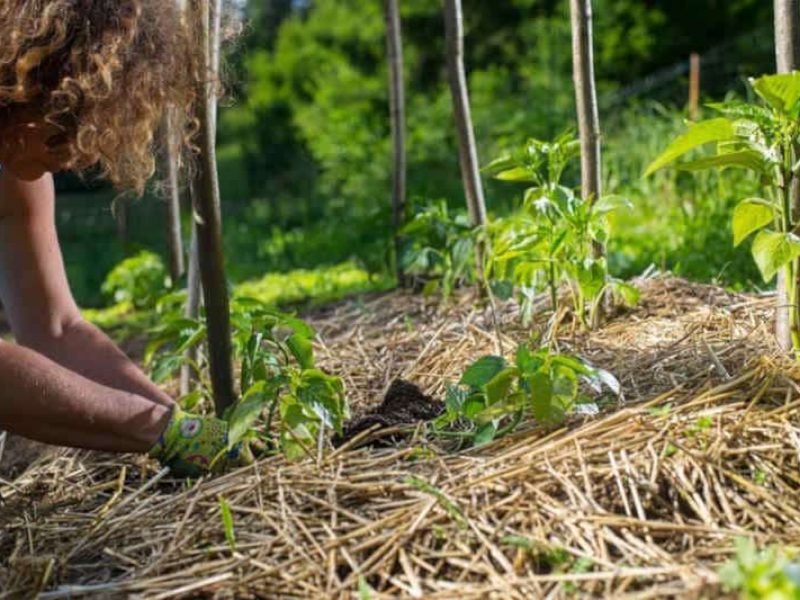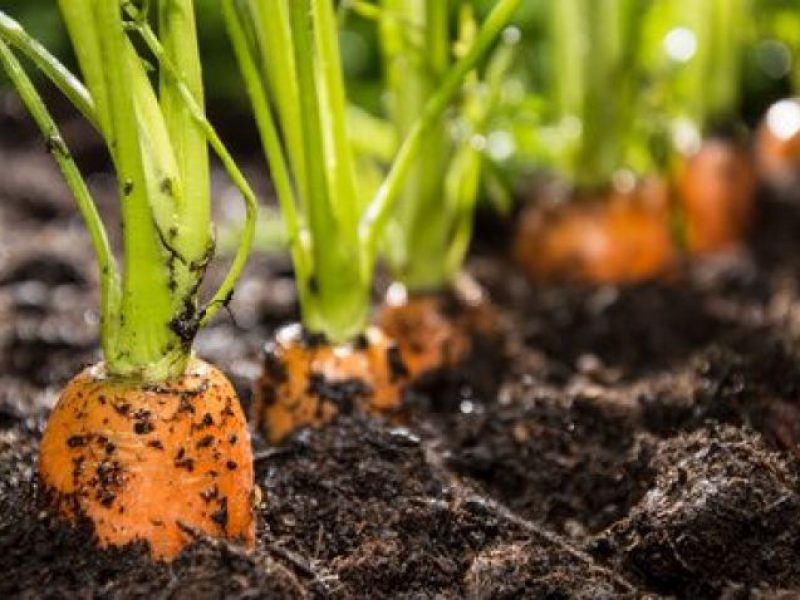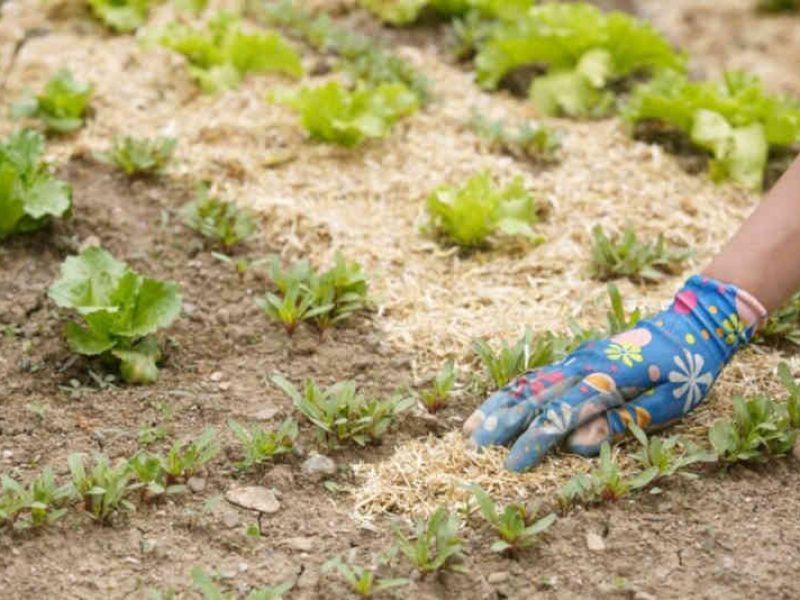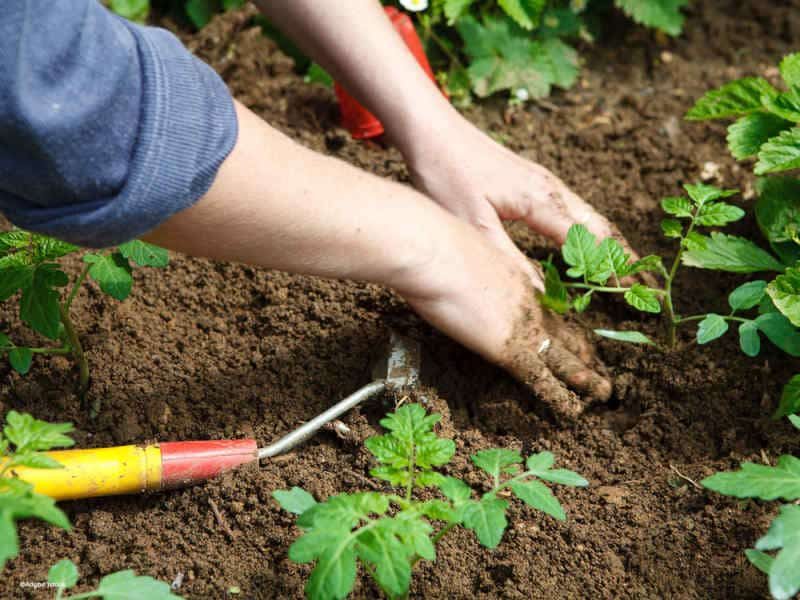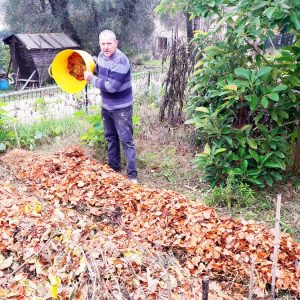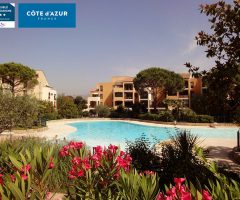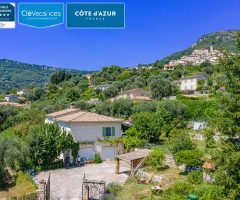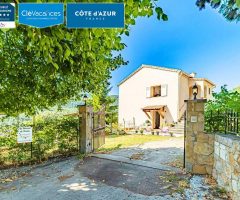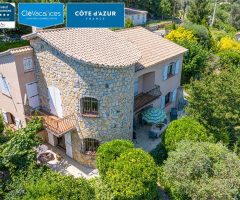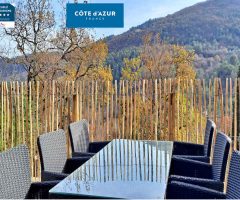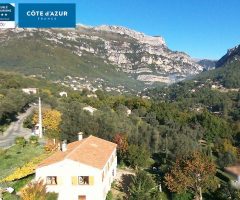permaculture
Permaculture is not just about agricultural techniques but rather a philosophical approach. Indeed, it seems that permaculture is a set of techniques aimed at taking care of nature, people and sharing equitably.
On the ground, this means creating cultures and living spaces that are self-sufficient and respectful of life in all its forms (environment and living beings). All this while drawing inspiration from the functioning of ecosystems and traditional know-how.
It’s ethical and common sense. Among the great authors of permaculture we can cite:
– David Holmgren, one of the co-founders of permaculture.
– Bill Mollison.
Permaculture is not a new idea!
It dates from 1978. Permaculture is a concrete philosophy whose concepts are experienced in small, everyday gestures.
It is not reserved for alternatives who live in communities in the depths of the Cévennes. Permaculture would be a form of resilience in the face of a Cartesian approach which offers a systemic and holistic approach.
In addition to purely agricultural techniques, this movement aims to move, as Rob Hopkins says: “from oil dependence to local resilience”. Frankly, this is how our grandparents, formerly farmers, lived. And they were happy! In our modern world, this would involve reducing energy consumption, relocating activities and intensifying human relations.
We, at Bar sur Loup, on our very small scale, try to draw inspiration from this philosophy. This is how we cultivate our century-old olive trees, our orange trees and also our vegetable garden where we grow tomatoes, peppers, salads, onions, beans, etc.
If you would like to know more about these environmentally friendly techniques, we will be happy to share our experiences with you during your stay in our authentic village on the Côte d’Azur.

